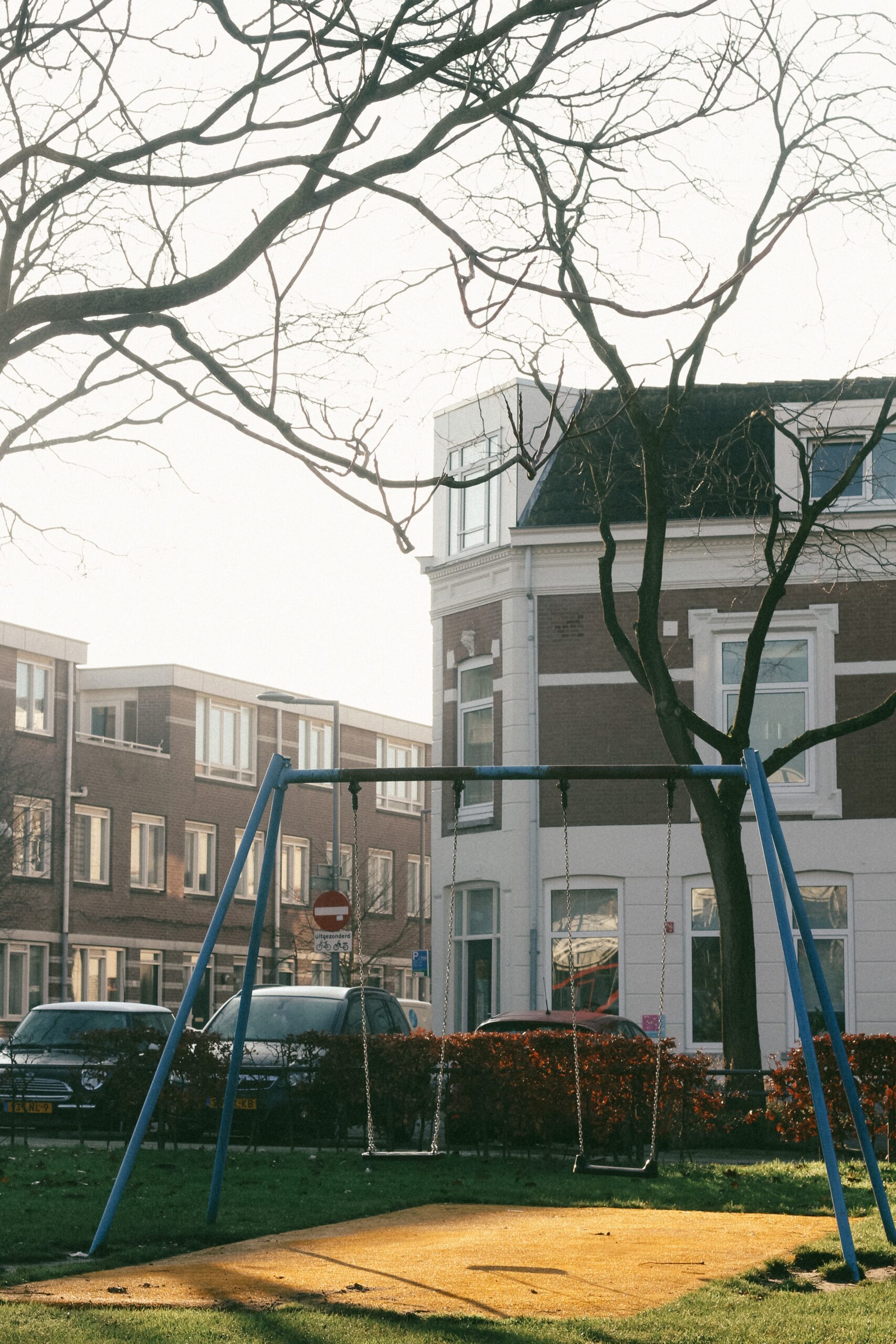
05 Jun The Crucial Checklist: Key Factors to Consider When Choosing a Commercial Property in St. Louis

Have you ever attended the saying, “Location, location, location”? While it still holds, there’s more to selecting a commercial property than its geographical coordinates. When picking the perfect commercial property in St. Louis, you’ll want to have all your bases covered. Buckle up as we delve into “Key Factors to Evaluate When Selecting a Commercial Property in St. Louis.”
Understanding the St. Louis Market
Your first step should be to grasp the overall picture of St. Louis’s commercial property market.
Market Dynamics: The Bigger Picture
Unpack St. Louis’s commercial property landscape’s current trends, future projections, and market dynamics.
Choosing the Right Location
Location still plays a pivotal role, but what makes a place right?
Location, Location, Location
Comprehend what to look for in a retail property located in St. Louis.
Assessing the Property Condition
A shiny exterior may hide a world of issues. Here’s how to assess the proper condition of a property.
Beyond the Facade: Property Condition
Explore how to assess the physical condition of a potential commercial property.
Analyzing Potential ROI
Your commercial property should be a money-spinner. Here’s how to ensure it is.
Profitability Projections
Learn how to analyze your chosen commercial property’s potential return on investment.
Considering Property Size and Layout
Size and layout can significantly impact a property’s functionality and profitability.
Size and Layout: Fitting the Puzzle
Uncover the importance of size and layout in your commercial property selection process.

Evaluating Accessibility and Parking
Ease of access and parking can make or break a commercial property’s success.
Easy Access and Parking: A Must-have
Find out why accessibility and parking are vital to choosing a commercial property.
Understanding Zoning Laws
You’ll want to ensure that your intended business activities are allowed on the property.
Zoning Laws: The Rulebook
Discover how to navigate zoning laws when choosing a commercial property in St. Louis.
Potential risks and challenges associated with choosing commercial property in St. Louis, and how can investors mitigate these risks
When considering the option to sell your house for cash in St. Louis, it is important for investors to remain mindful of potential risks and challenges that could affect their investment. However, by implementing effective planning and employing risk mitigation strategies, these challenges can be minimized. Here are some common chances and ways to mitigate them:
Market Volatility:
Like any real estate market, the commercial real estate market in St. Louis can experience fluctuations in demand, rental rates, and property values. To mitigate this risk, investors should conduct thorough market research and analysis. Understanding local market trends, economic indicators, and industry forecasts can help investors make informed decisions and identify areas with potential for growth and stability.
Tenant Vacancy and Turnover:
High tenant turnover or prolonged vacancy periods can affect cash flow and profitability. Mitigate this risk by carefully screening potential tenants and conducting due diligence on their financial stability and leasing history. Additionally, maintaining good tenant relationships, providing attractive lease terms, and offering responsive property management services can help reduce turnover and attract reliable, long-term tenants.
Financing Challenges:
Securing financing for commercial properties can sometimes be challenging. Investors should maintain a good credit history, prepare a solid business plan, and work with experienced commercial lenders familiar with the St. Louis market. Building solid relationships with lenders and exploring alternative financing options, such as private investors or partnerships, can also help mitigate financing challenges.
Environmental Concerns:
Commercial properties, such as soil contamination or hazardous materials, may have potential environmental risks. Investors should conduct thorough ecological and phase I environmental site assessments to mitigate this risk. Working with environmental consultants and obtaining appropriate insurance coverage can help identify and manage potential environmental liabilities.
Regulatory Compliance:
St. Louis has regulations and codes for building permits, zoning, occupancy, and safety standards. Non-compliance can lead to penalties, delays, or even legal issues. Investors should work closely with professionals familiar with local regulations, such as real estate attorneys and property managers, to ensure compliance and mitigate regulatory risks.
Property Maintenance and Repairs:
Commercial properties require ongoing maintenance and occasional repairs. Please address maintenance issues promptly to avoid tenant dissatisfaction and potential liability. Investors should establish proactive property management practices, including regular inspections, maintenance schedules, and repair budgeting. Engaging reliable contractors and service providers can also help ensure timely and efficient property maintenance.
Market Saturation and Competition:
Specific commercial sectors or submarkets in St. Louis may become saturated with available properties or face intense competition. To mitigate this risk, investors should conduct thorough market analysis to identify areas with underserved markets or emerging trends. Diversifying property types or targeting niche markets can help investors differentiate themselves and reduce the impact of competition.
Economic Downturns:
Economic downturns can affect the demand for commercial properties and rental rates. While it is challenging to predict economic cycles, investors can mitigate this risk by maintaining a diversified portfolio across different property types and locations. Having contingency plans, such as reserve funds for unexpected expenses or alternative uses for the property, can provide flexibility during economic downturns.
Conclusion
Choosing a commercial property in St. Louis is not a decision to take lightly. It involves careful consideration, meticulous research, and astute decision-making. With a good knowledge of the demand and an eye for detail, you can zero in on the perfect commercial property that aligns with your investment goals.
Investing in commercial real estate is about more than just buying a property. It’s about
buying into a vision of what that property can become. Use our guide, “Key Factors to Consider When Choosing a Commercial Property in St. Louis,” to help you make a well-informed decision.
Here’s to your success in selecting the perfect commercial property in St. Louis. May your investment be fruitful and your journey as a retail property investor be rewarding and prosperous.
FAQs
Here are solutions to typical queries about choosing commercial property in St. Louis.
1. What commercial property should I invest in in St. Louis?
The right type of commercial property depends on your investment goals, budget, and risk tolerance.
2. How important is location when choosing a commercial property?
Location is crucial as it can affect the property’s visibility, accessibility, and profitability.
3. How do I assess the condition of a commercial property?
A professional property inspection can help you uncover any underlying issues with the property.
4. How can I ensure a good ROI on my commercial property investment?
Good ROI can be ensured by choosing a good location, maintaining the property well, and optimizing its usage.
5. What should I know about zoning laws when choosing a commercial property?
Zoning laws can dictate the type of activities that can take place on a property. Ensuring that the property’s zoning aligns with your intended use is essential.
6. How can size and layout affect my commercial property choice?
Size and layout can impact the functionality of the space, affecting tenant satisfaction and profitability.
 CLICK HERE FOR PODCAST
CLICK HERE FOR PODCAST
